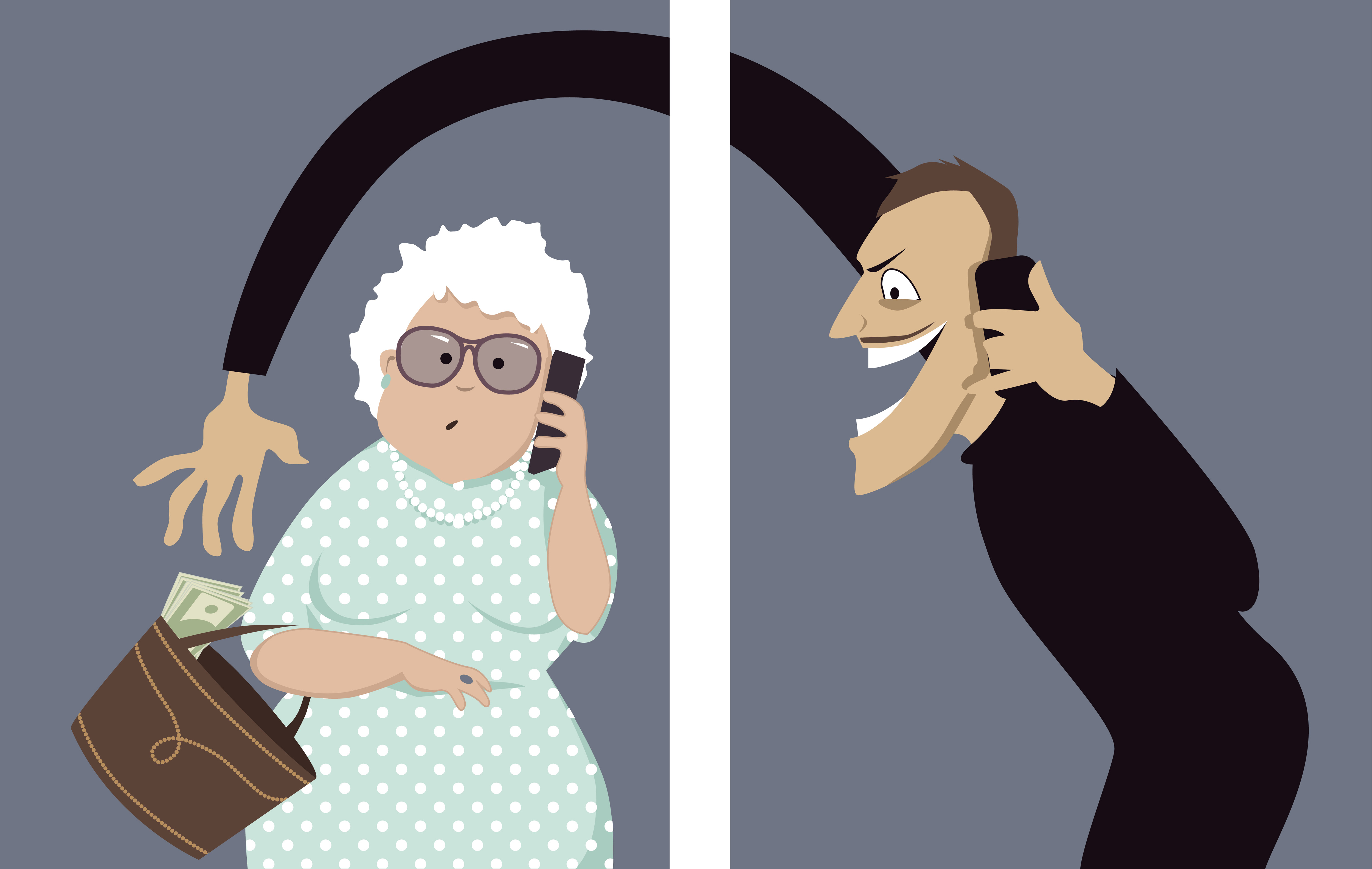Costa Rica News – Targeting people over 55 years of age in the United States, five Americans were arrested Wednesday afternoon in Costa Rica, suspected of being part of an organization that swindled more than 1,000 people the tune of US$9 million dollars.
The arrests were confirmed on Thursday by the Director of the Organismo de Investigacion Judicial (OIJ), Walter Espinoza and Laura Monge, the prosecutor of the Oficina de Asesoría Técnica y Relaciones Internacionales (Oatri) of the Ministerio Publico.
The men were identified by their last names, Dodt, Mortimer Jordan, Sniffen, Nastasi and Fink.
The police action was carried out in Pavas, León XIII and Escazú, after receiving a request from the United States authorities, by way of Interpol warrants for their extradition to North Carolina.
A woman identified by her last name Mommers, who lives in Perez Zeledon, is still at large.
According to the OIJ report, the suspected targeted people mostly over 55 years of age in the United States, impersonating agents of the U.S. Federal Trade Commission and other U.S. agencies.
The victims were told they were winners of a lottery jackpot, and in order to claim their prize, they need to make a refundable deposit to cover taxes and other costs.
Sometimes the scam went a bit further, authorities in Costa Rica explained, the victims, after making their initial deposit, received another call telling them their winnings was larger and because of this would have to make a larger deposit. The deposits were made by way of an electronic (wire) transfer to accounts in Costa Rica, explained the Prosecutor’s office.
The deposits, ranging from between US$500 and US$1,850 were made by way of an electronic (wire) transfer to accounts in Costa Rica, between 2010 and 2014, explained the Prosecutor’s office.
The five are currently being held in Costa Rica while extradition proceedings take place, which could take up to six months, said Prosecutor Monge.
Beware of the Phone Scam
Phone scams are not new, they have been around for some time. Last March, the Federal Communications Commission is warning consumers about a new scam that is hooking consumers with just one word: Yes.
According to the FCC, the scam begins as soon as a person answers the phone. A recorded voice or an actual person asks: “Can you hear me?” And the consumer responds, “Yes.” Click here for the ABC report on this scam.
On its website, the IRS, continues to warn consumers to guard against scam phone calls from thieves intent on stealing their money or their identity. The IRS says it will NOT call you to demand immediate payment. The IRS will not call you if you owe taxes without first sending you a bill in the mail. Click here for the IRS website.
Protect yourself
From Scamwatch, here is some good advice to protect yourself from being scammed.
- Lottery scams may use the names of legitimate overseas lotteries (often Spanish lotteries), so that if you do some superficial research, the scam will seem real. Some examples of the real Spanish lotteries that the scammers falsely use are Loteria Primitiva and El Gordo.
- If someone asks you to pay money up-front in order to receive a prize or winnings, it’s almost always a scam.
- To claim your prize, you will be asked to pay a fee. Scammers will often say these fees are for insurance costs, government taxes, bank fees or courier charges. The scammers make money by continually collecting these fees from you and stalling the payment of your winnings.
- Legitimate lotteries do not require you to pay a fee to collect winnings.
- Sometimes the scammers actually do send a check for part of your winnings, such as a few thousand dollars of winnings, to trick you into thinking the offer is legitimate. However this check will eventually bounce and you will not receive any real payments.
- If you think the prize offer might be genuine, contact your local consumer protection agency – they may be able to tell you more about the offer and if it is likely to be a scam.
- Verify the identity of the contact by calling the relevant organisation directly – find them through an independent source such as a phone book or online search. Do not use the contact details provided in the message sent to you.
- Do an internet search using the names or exact wording of the letter/email to check for any references to a scam – many scams can be identified this way.
- If you think it’s a scam, don’t respond — scammers will use a personal touch to play on your emotions to get what they want.
- Never send money or give credit card, online account details, or copies of important personal documents to anyone you don’t know or trust and never by email.
- Avoid any arrangement with a stranger that asks for up-front payment via money order, wire transfer, international funds transfer, pre-loaded card or electronic currency. It is rare to recover money sent this way.
From QCostaRica


